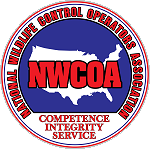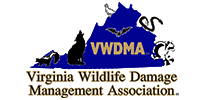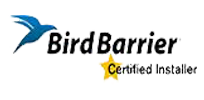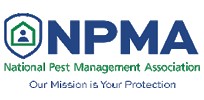540-940-6489
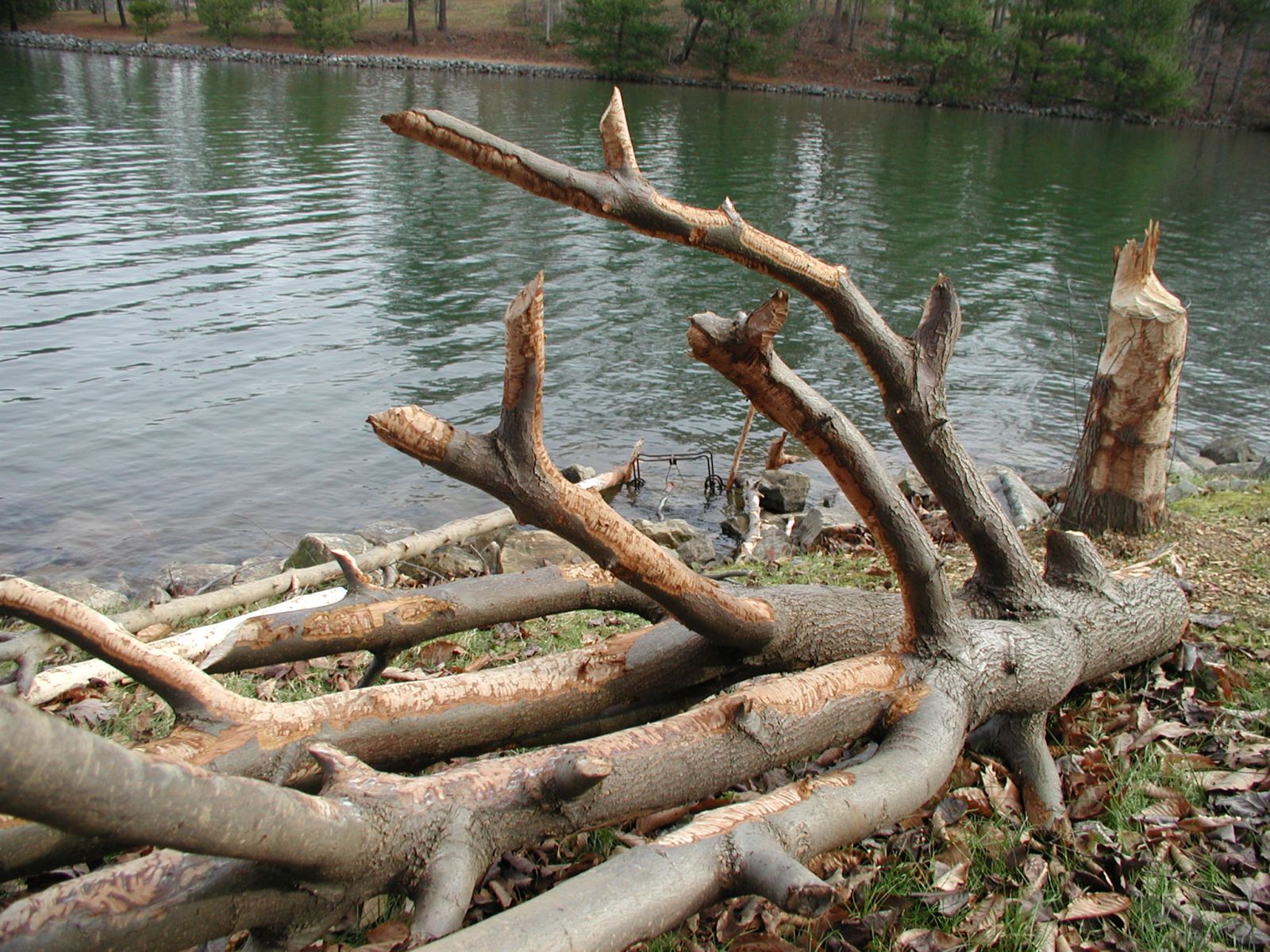 ​​​​Your Wildlife Professionals is frequently asked questions about beaver in Alexandria, Arlington, Bedford, Blacksburg, Bristol, Charlottesville, Covington, Chesapeake, Danville, Fairfax, Fredericksburg, Hampton, Harrisonburg, Lexington, Lynchburg, Loudon, Manassas, Martinsville, Newport News, Norfolk, Richmond, Roanoke, Smith Mountain Lake, Staunton, Virginia Beach, Waynesboro, Williamsburg, Winchester, Wytheville, and Yorktown Virginia. Your Wildlife Professionals, Inc. is available to answer any questions you have about beavers in your lake or pond.
​​​​Your Wildlife Professionals is frequently asked questions about beaver in Alexandria, Arlington, Bedford, Blacksburg, Bristol, Charlottesville, Covington, Chesapeake, Danville, Fairfax, Fredericksburg, Hampton, Harrisonburg, Lexington, Lynchburg, Loudon, Manassas, Martinsville, Newport News, Norfolk, Richmond, Roanoke, Smith Mountain Lake, Staunton, Virginia Beach, Waynesboro, Williamsburg, Winchester, Wytheville, and Yorktown Virginia. Your Wildlife Professionals, Inc. is available to answer any questions you have about beavers in your lake or pond.
​CLICK HERE to find Your Wildlife Professional in Virginia.
Do you charge for beaver services?
- Yes. We are not funded by your local, state or federal government. We are a private business and must charge for our beaver services.
Do you guarantee your beaver service?
- We guarantee that you will receive the most courteous, honest, and professional beaver management service in Virginia or its FREE!
What does the beaver service fee cover?
- The beaver service fee covers us coming out, inspecting the damages, setting traps if necessary, and keeping them baited as long as it takes to catch the beavers.
What does the price per beaver fee cover?
- Cost effective to the customer knowing that we may not catch two or more beavers every trip.
- The price per beaver fee covers us coming out, removing the contaminated trap and beaver from your property, re-setting a clean trap with fresh bait, disposal of the beaver, cleaning and disinfecting the contaminated trap for the next customer.
How do you prevent from catching non-target animals?
- It is rare that we catch a non-target animal in our beaver sets.
- We try our best to set the traps in the area where the beavers are traveling.
Do you charge for non-target animals?
- Yes we do. We still have to come out, remove the contaminated trap and animal from your property, re-set a clean trap with fresh bait, disposal of the animal, clean and disinfect the contaminated trap for the next customer.
What if the beaver trap is stolen?
- The customer is responsible for the beaver trap. If the beaver trap is set in an area that you feel like it will get stolen, please let us know so that we can move it or anchor it to the ground.
- There is a replacement fee for stolen beaver traps.
Do I have to sign a beaver service agreement?
- Yes. In order to protect you and our company a beaver service agreement must be signed.
- Our service agreements spell out the beaver services to be provided, as well as our guarantee and warranties.
- You should not do work with a company that is not willing to back up their work in writing.
How many beaver traps will you set?
- We set a minimum of two professional grade humane lethal capture traps.
How long is the beaver service fee good for?
- Your beaver service agreement will specify the time period that it is good for.
- If the beavers have not been caught within the time period, which is rare, you can add additional weeks for a fee.
How long does your standard beaver service last once you pull the traps?
- Our standard beaver service fee is usually a minimum of 5 days. Once we pull the traps or after the beavers have been captured, we will re-set the traps if another beaver is seen at your request for the additional weekly fee.
Why did you pull the traps before 5 days?
- Once the beavers have been captured and we have not had any captures or you have not seen any in a couple days we will pull the traps. Leaving the traps set will only increase the chances of capturing non-target animals.
How often do you re-bait the beaver traps?
- Every 1 to 5 days depending on the time of year and weather.
- We like to keep the bait as fresh or not dried up as possible. If you feel like the trap needs bait or you do not see the bait in the trap, call us and we will send someone out to re-bait it as soon as possible.
How soon can you set the traps?
- We will typically set the beaver traps the day you call.
- We always have beaver traps available.
- We carry the necessary traps needed in our trucks daily on a seasonal basis to better service the customer the day they call.
- We do not like to put anything off until tomorrow.
How often do you check the traps?
- State law requires that the traps are checked daily, except lethal water sets, and they are every 72 hours.
- We ask you as the customer to check the traps and notify us when we have an animal in the trap.
- By the customer checking the traps, this will eliminate additional costs to the customer and it will also speed up the removal process.
How do I get in touch with the technician once a beaver is trapped?
- The contract has our office number on it as well as our business card.
- Our office manager will notify the technician.
We live out of town and cannot check the beaver traps everyday?
- We can provide a complete service to you.
- If this is a rental property we can contact the tenants and ask them to check the traps if necessary.
We are going out of town next week and do not have anybody that can check the beaver traps daily?
- We will make arrangements to have our technicians check the beaver traps for you.
- An additional cost may be incurred.
Will you pick up trapped animals on the weekend and holidays?
- Yes, we work on the weekends.
- We typically shut the traps down for holidays so that the customer does not have to be bothered with checking them.
How long does it take for a technician to pick up an animal once I have called it in?
- We will make every effort we can to pick up the animal and re-set a trap as soon as possible.
- We often have two to three trucks out at a time and the secretary will notify the closest technician to your property.
Where do you relocate the beavers?
- Our permit only allows us to relocate squirrels.
What do you do with the beaver after you catch it?
- Our permit allows us to transport the live animals to another location to be euthanized.
- Relocating a beaver may risk the chance of spreading disease to an uninfected area and creating damage to someone else’s property.
How do you euthanize the animals or put them to sleep?
- There are several ways to euthanize an animal. We use the most humane methods approved by the American Veterinary Association.
- The traps we use to capture beavers euthanize the animal for us in a humane way.
What if a beaver is trapped when you come out to re-bait?
- We will call you or leave a note on your door that we picked up an animal.
What types of bait do you use?
- We use specialty paste baits that are formulated for beavers designed by professionals in our industry for professionals
How many traps will you set?
- We set a minimum of two beaver traps, more if available.
Where do you set the beaver traps?
- As close to the damage area as possible.
Can the beaver get out of the trap?
- No.
​CLICK HERE to find Your Wildlife Professional in Virginia.

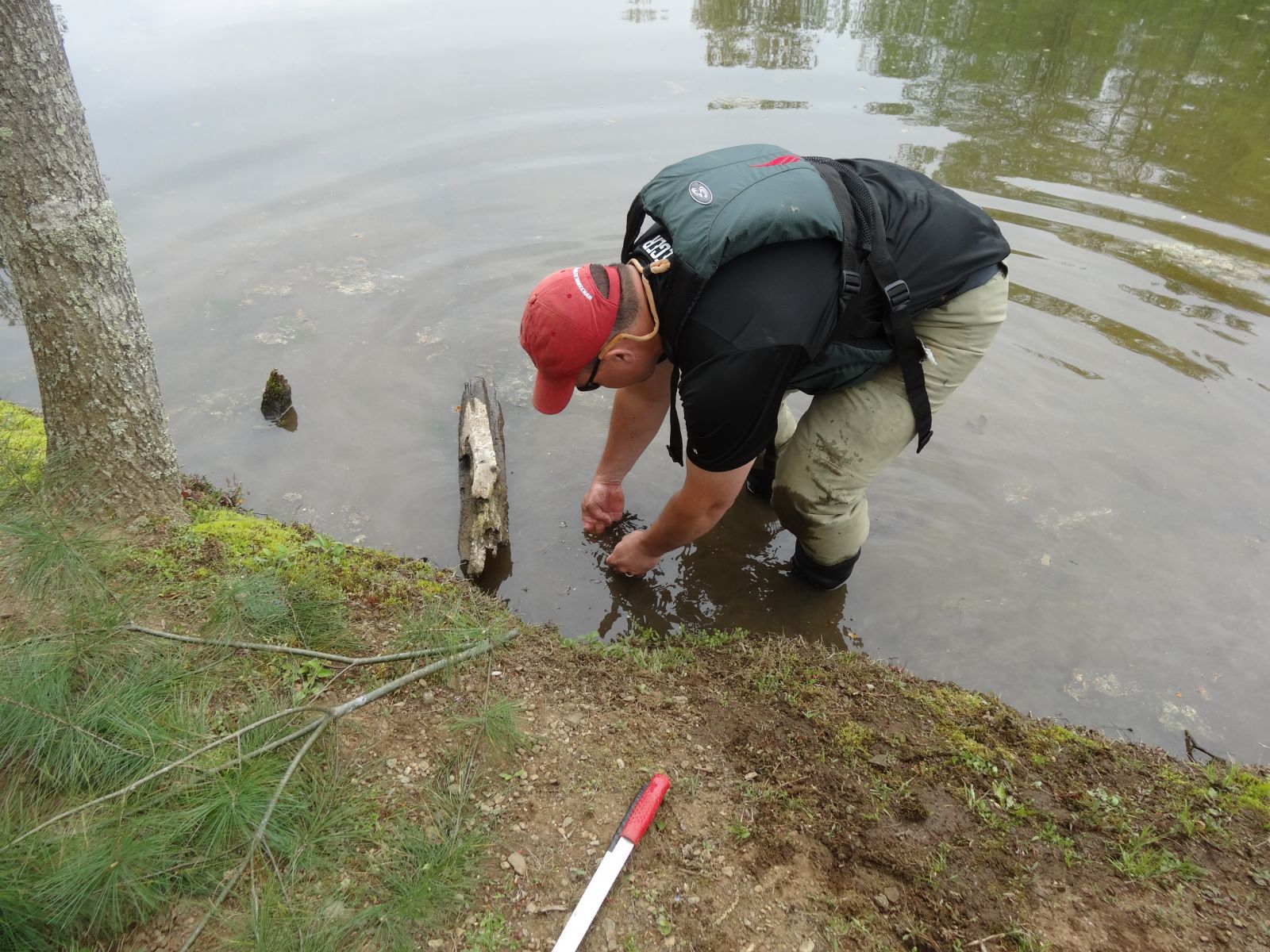 Beavers are very strong and powerful animals. Live trapping beavers is possible, but very expensive and time consuming. We prefer to use lethal traps when removing beavers because of their speed and effectiveness. A beaver can cut through a 5 inch diameter willow tree in less than 3 minutes. Time is of the essence when beavers are felling expensive ornamentals, flooding crop fields and roadways.
Beavers are very strong and powerful animals. Live trapping beavers is possible, but very expensive and time consuming. We prefer to use lethal traps when removing beavers because of their speed and effectiveness. A beaver can cut through a 5 inch diameter willow tree in less than 3 minutes. Time is of the essence when beavers are felling expensive ornamentals, flooding crop fields and roadways.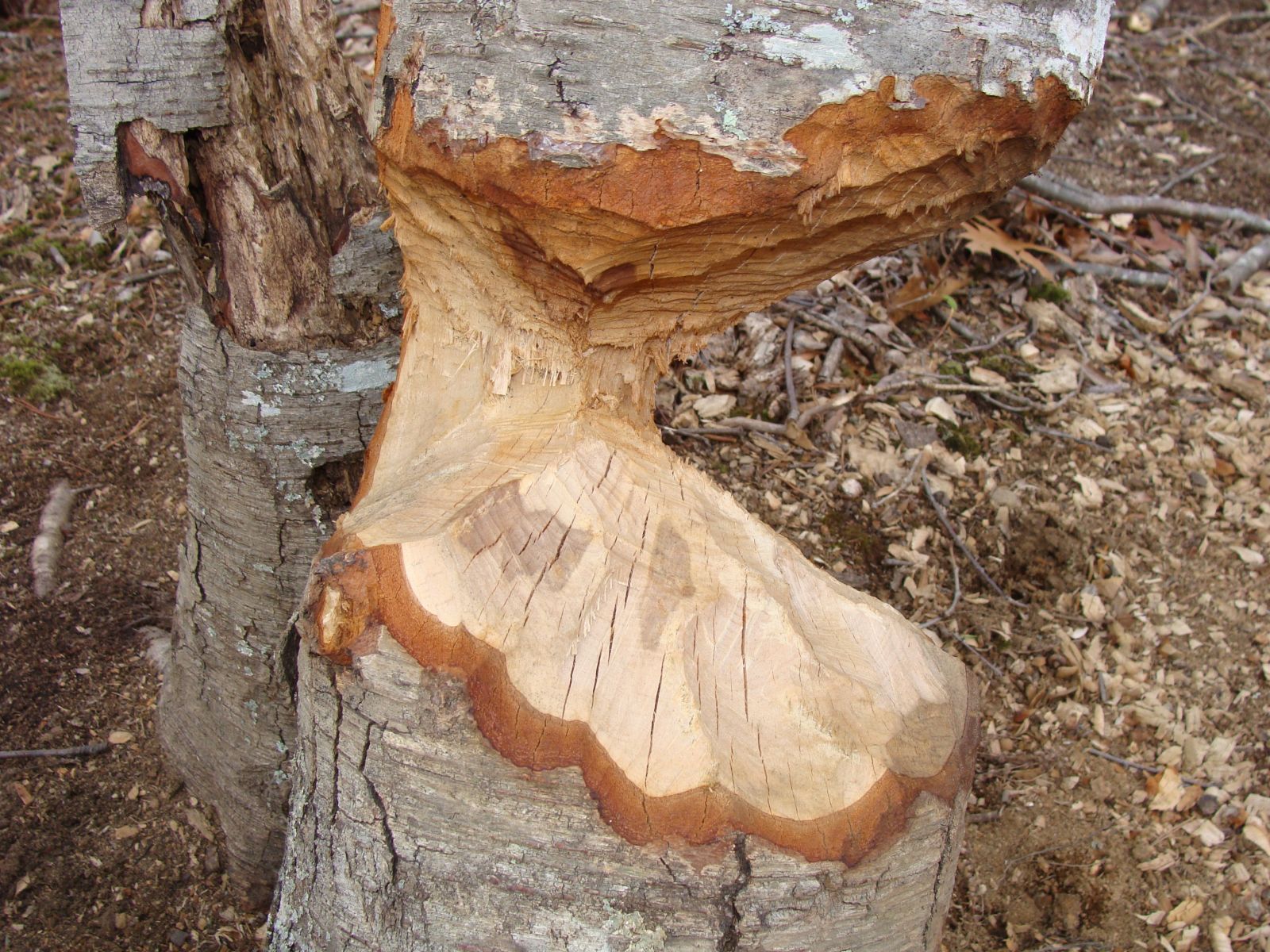 Urban aquatic environments offer the ideal place for beavers to thrive due to their biological habits and their ability to live around man made landscapes. Homes with man made ponds, streams, or waterfront properties are becoming popular for people to live in. As people move into these aquatic environments they will unknowingly plant favorable food sources for beavers. A family of beavers will travel up to half a mile a night by water on a lake for food. Once they are keyed in on a food source, they will typically exhaust that food supply then move to the next one. Late fall and winter are when people notice beaver damage the most, because they are felling trees for their woody food diet and the use of the trees for dam and lodge construction. The most popular trees in our area are poplar, birch, cherry, pear, willow, maple, and pine.
Urban aquatic environments offer the ideal place for beavers to thrive due to their biological habits and their ability to live around man made landscapes. Homes with man made ponds, streams, or waterfront properties are becoming popular for people to live in. As people move into these aquatic environments they will unknowingly plant favorable food sources for beavers. A family of beavers will travel up to half a mile a night by water on a lake for food. Once they are keyed in on a food source, they will typically exhaust that food supply then move to the next one. Late fall and winter are when people notice beaver damage the most, because they are felling trees for their woody food diet and the use of the trees for dam and lodge construction. The most popular trees in our area are poplar, birch, cherry, pear, willow, maple, and pine.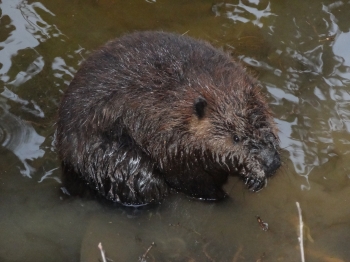 Body Size:
Body Size: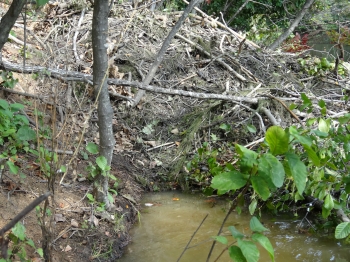 Your Wildlife Professionals considers both the time of year beaver breed, when beaver are born, beaver gestation period, the number of beaver born, beaver weaning period, and the average reproductive age of beaver within their respective geographic region of Virginia prior to controlling beaver in your lake or pond in Alexandria, Arlington, Bedford, Blacksburg, Bristol, Charlottesville, Covington, Chesapeake, Danville, Fairfax, Fredericksburg, Hampton, Harrisonburg, Lexington, Lynchburg, Loudon, Manassas, Martinsville, Newport News, Norfolk, Richmond, Roanoke, Smith Mountain Lake, Staunton, Virginia Beach, Waynesboro, Williamsburg, Winchester, Wytheville, or Yorktown Virginia.
Your Wildlife Professionals considers both the time of year beaver breed, when beaver are born, beaver gestation period, the number of beaver born, beaver weaning period, and the average reproductive age of beaver within their respective geographic region of Virginia prior to controlling beaver in your lake or pond in Alexandria, Arlington, Bedford, Blacksburg, Bristol, Charlottesville, Covington, Chesapeake, Danville, Fairfax, Fredericksburg, Hampton, Harrisonburg, Lexington, Lynchburg, Loudon, Manassas, Martinsville, Newport News, Norfolk, Richmond, Roanoke, Smith Mountain Lake, Staunton, Virginia Beach, Waynesboro, Williamsburg, Winchester, Wytheville, or Yorktown Virginia. 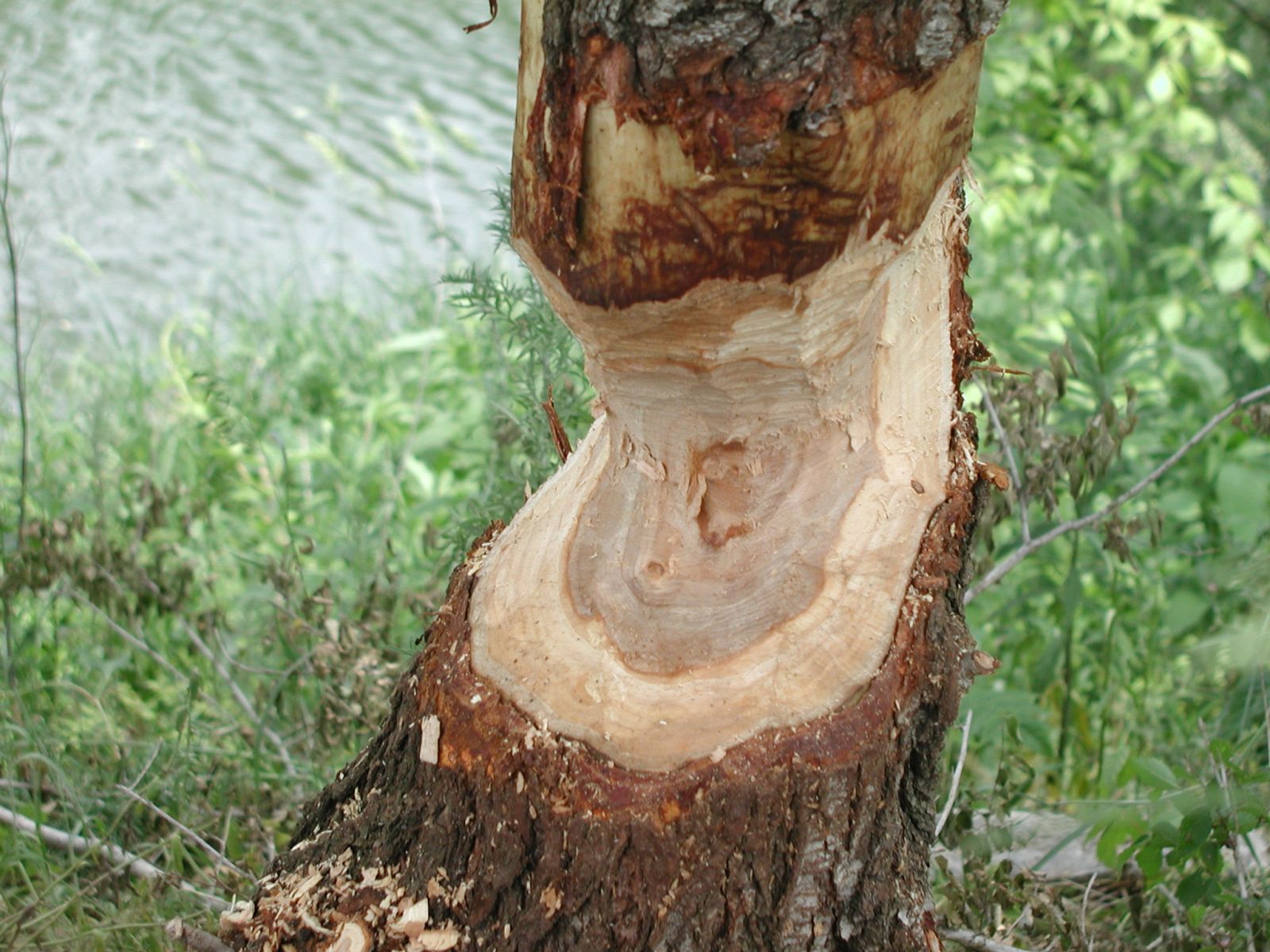 Your Wildlife Professionals provide removal and control of beavers in residential and commercial ponds and lakes in Virginia. It is not always important to know everything about beavers, but often clients need to know other information about beavers in Virginia. Below is some additional information about beaver, such as beaver habitat, where do beaver live, home range of a beaver, beaver food, beaver habits, average life span of a beaver, and beaver health concerns that you may want to know. If you live in Alexandria, Arlington, Bedford, Blacksburg, Bristol, Charlottesville, Covington, Chesapeake, Danville, Fairfax, Fredericksburg, Hampton, Harrisonburg, Lexington, Lynchburg, Loudon, Manassas, Martinsville, Newport News, Norfolk, Richmond, Roanoke, Smith Mountain Lake, Staunton, Virginia Beach, Waynesboro, Williamsburg, Winchester, Wytheville, or Yorktown Virginia and would like to know more about beaver, please give us a call.
Your Wildlife Professionals provide removal and control of beavers in residential and commercial ponds and lakes in Virginia. It is not always important to know everything about beavers, but often clients need to know other information about beavers in Virginia. Below is some additional information about beaver, such as beaver habitat, where do beaver live, home range of a beaver, beaver food, beaver habits, average life span of a beaver, and beaver health concerns that you may want to know. If you live in Alexandria, Arlington, Bedford, Blacksburg, Bristol, Charlottesville, Covington, Chesapeake, Danville, Fairfax, Fredericksburg, Hampton, Harrisonburg, Lexington, Lynchburg, Loudon, Manassas, Martinsville, Newport News, Norfolk, Richmond, Roanoke, Smith Mountain Lake, Staunton, Virginia Beach, Waynesboro, Williamsburg, Winchester, Wytheville, or Yorktown Virginia and would like to know more about beaver, please give us a call.

 ​​​​Your Wildlife Professionals is frequently asked questions about beaver in Alexandria, Arlington, Bedford, Blacksburg, Bristol, Charlottesville, Covington, Chesapeake, Danville, Fairfax, Fredericksburg, Hampton, Harrisonburg, Lexington, Lynchburg, Loudon, Manassas, Martinsville, Newport News, Norfolk, Richmond, Roanoke, Smith Mountain Lake, Staunton, Virginia Beach, Waynesboro, Williamsburg, Winchester, Wytheville, and Yorktown Virginia. Your Wildlife Professionals, Inc. is available to answer any questions you have about beavers in your lake or pond.
​​​​Your Wildlife Professionals is frequently asked questions about beaver in Alexandria, Arlington, Bedford, Blacksburg, Bristol, Charlottesville, Covington, Chesapeake, Danville, Fairfax, Fredericksburg, Hampton, Harrisonburg, Lexington, Lynchburg, Loudon, Manassas, Martinsville, Newport News, Norfolk, Richmond, Roanoke, Smith Mountain Lake, Staunton, Virginia Beach, Waynesboro, Williamsburg, Winchester, Wytheville, and Yorktown Virginia. Your Wildlife Professionals, Inc. is available to answer any questions you have about beavers in your lake or pond.
